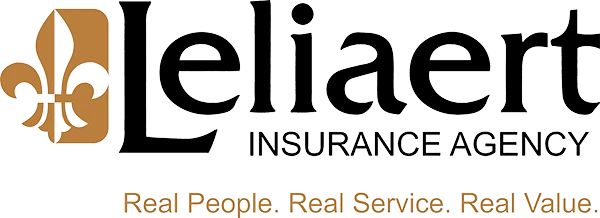March 29, 2022

For homeowners or prospective first-time buyers, it’s essential to understand homeowners’ insurance for asset protection and peace of mind.
This type of insurance safeguards your belongings, home’s interior and exterior in the event of a fire, smoke damage, theft, vandalism or other natural disaster, such as lightning, wind or hail. Homeowners’ insurance can also cover liability; living expenses, if you are displaced due to a covered incident; as well as medical payments in the event someone is injured in your home, among other aspects of protection.
WHAT TO EXPECT
The first step toward obtaining homeowners’ insurance is to gather quotes from different providers; this will give you a general idea of the cost and what is covered. Be sure to check with your auto insurance provider, as they are usually able to bundle packages together for better rates. Remember, homeowners should always aim for the policy with the best coverage at the lowest premiums.
When getting quotes, be prepared to share information about your credit history and home, such as its location, age and condition, security and safety features, square footage, listing price and more.
Many homeowners’ policies come with an estimation of the total loss coverage for a property, based on public data and the information you supply. However, if homeowners disagree with this assessment or would like more coverage, they can request it. Newer homes will usually require a higher premium as they would be more costly to rebuild if destroyed.
Furthermore, you only need homeowner’s insurance to replace the house, not the land itself. The cost of land accounts for a large percentage of property value; don’t be surprised if a $400,000 property requires $150,000 worth of coverage. Your insurer should be able to guide you through the probable replacement cost.
WHAT’S NOT COVERED
Homeowners’ insurance doesn’t cover everything, however, such as flooding. If a property is located in a flood-prone area, homeowners will need to purchase flood insurance, a special policy that is federally backed by the National Flood Insurance Program and available for both homeowners and businesses. Similar to other types of insurance, the higher the deductible, the lower your premium.
According to the Indiana Department of Insurance, “some companies offer a Hydrostatic Pressure Endorsement to insure your property for the increased exertion of water on the foundation of your structure, a condition frequently accompanying the rising waters of a flood, however, most of these endorsements only cover collapse of the structure due to hydrostatic pressure and do not insure for damage, other than building collapse, due to hydrostatic pressure accompanying the flood.”
Earthquakes, landslides and sinkholes aren’t covered in most cases, though such policies do exist.
In the case of dog bites, a homeowners’ policy could cover the incident to the limits of your liability coverage, which varies. If the cost exceeds the coverage limit, you would be responsible for the difference. Additionally, some insurers may not offer coverage if the dog’s breed is historically aggressive.
Items such as jewelry, art, musical gear and collectibles may require additional protection, such as a personal property floater policy. Whether or not they may be covered by flood insurance depends on the policy.
Other scenarios not usually covered by homeowners’ insurance include damage from lack of maintenance — think pests and mold. If the cause of mold is not from flooding, you might be eligible to file a claim to cover the damage. Your homeowner’s insurance policy includes coverage for some water damage. It all depends on the specific cause by which mold is growing and if it is covered under your policy as a covered peril. To learn more about how mold may be covered by homeowners’ insurance, read our past blog post.
CHECK FOR ELIGIBILITY
Military service members and their families may also be eligible for discounts on homeowners’ insurance. Qualifications vary by company, but some offer a percentage off of premiums or special rates for active-duty personnel and veterans.
Some companies also offer discounts for membership in certain organizations, alumni statuses and features that make a home safer, such as an alarm system, or being located in a gated community. Check with your insurer to see if any of these homeowners’ insurance discounts apply to you.
Leliaert staff members understand the complexities of homeowners’ insurance and can help guide you toward the appropriate policy and peace of mind. Contact us today with your homeowners’ insurance needs.
